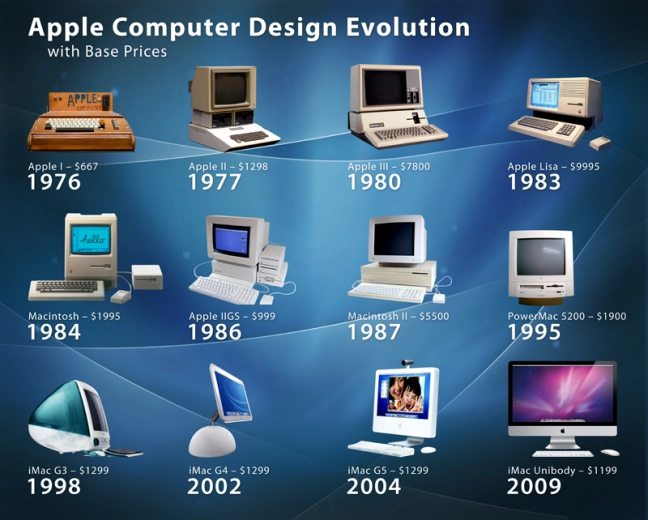It happened on a Tuesday evening, right as I was about to save the digital album my wife had spent three weeks making—photos of our son’s fifth birthday, with little notes she’d typed next to each one: “He refused to blow out the candles until we sang ‘Happy Birthday’ twice.” The screen flickered, then went dark, like someone had flipped a switch in a room I couldn’t see. I tapped the keyboard—nothing. Pressed the power button—only a faint, sad beep, like a sigh. My computer was sick, and I had no idea how to fix it.

For the first hour, I just sat there, staring at the black screen. It sounds silly, but it felt like losing a friend. All those years of late nights, of it humbly doing whatever I asked—holding my work reports, storing my dad’s old videos, letting my son watch cartoon clips on rainy afternoons—all of it felt fragile, like it might vanish if I didn’t act fast. My wife came in with a cup of tea, saw my face, and said, “We’ll fix it.” But I knew she was worried too—her album was on there, unbacked up, and our son had been asking to look at his birthday photos every night before bed.
The next morning, I took it to a small repair shop downtown, the kind with a faded sign and a shelf full of old laptops. The technician, a guy with glasses and grease on his fingers, said it might be the hard drive. “Could take a few days,” he told me. A few days felt like forever. Without my computer, my work slowed down—I had to write inventory lists by hand, which took twice as long, and I missed a client’s email because I couldn’t check my work account at home. At night, our living room felt quiet. My son asked, “Where’s the computer? I want to see the cake picture.” I had to tell him it was “resting,” and he frowned and said, “Tell it to get better soon.”
On the fourth day, the repair shop called. “It’s fixed,” the technician said. I rushed over, and when he turned it on—there it was, the familiar login screen, the little icon of my son’s drawing as the wallpaper. I almost smiled. He explained that the hard drive had a small glitch, but he’d saved all the files. “Everything’s there,” he said. I thanked him, paid the bill, and carried the computer home like it was a fragile package.
That night, I sat down with it again, the screen glowing softly. I opened my wife’s album—there were the photos, bright and clear, her notes next to each one. I called my son over, and he climbed onto my lap, pointing at the screen and laughing. “There’s the cake!” he yelled. My wife leaned against my shoulder, and for a minute, everything felt right again.
Now, I back up my files every week. I treat the computer more gently too—no more tossing it into my work bag, no more leaving it on overnight. It’s still not the fanciest, still has scratches on the edges, still dies if I don’t plug it in after an hour. But now, I see it differently. It’s not just a tool. It’s a keeper of our moments, a helper through the busy days, a quiet companion that’s been with us through so much. When it got sick, I realized how much I rely on it—not just for work or photos, but for the little, important things that make our family feel like us.
I still hear that sad beep sometimes, in my head, a reminder to be grateful for the things that work quietly, faithfully, by our side. And every time I turn it on now, and that familiar screen lights up, I smile. My computer’s better now, and I’m better for having learned to appreciate it.
